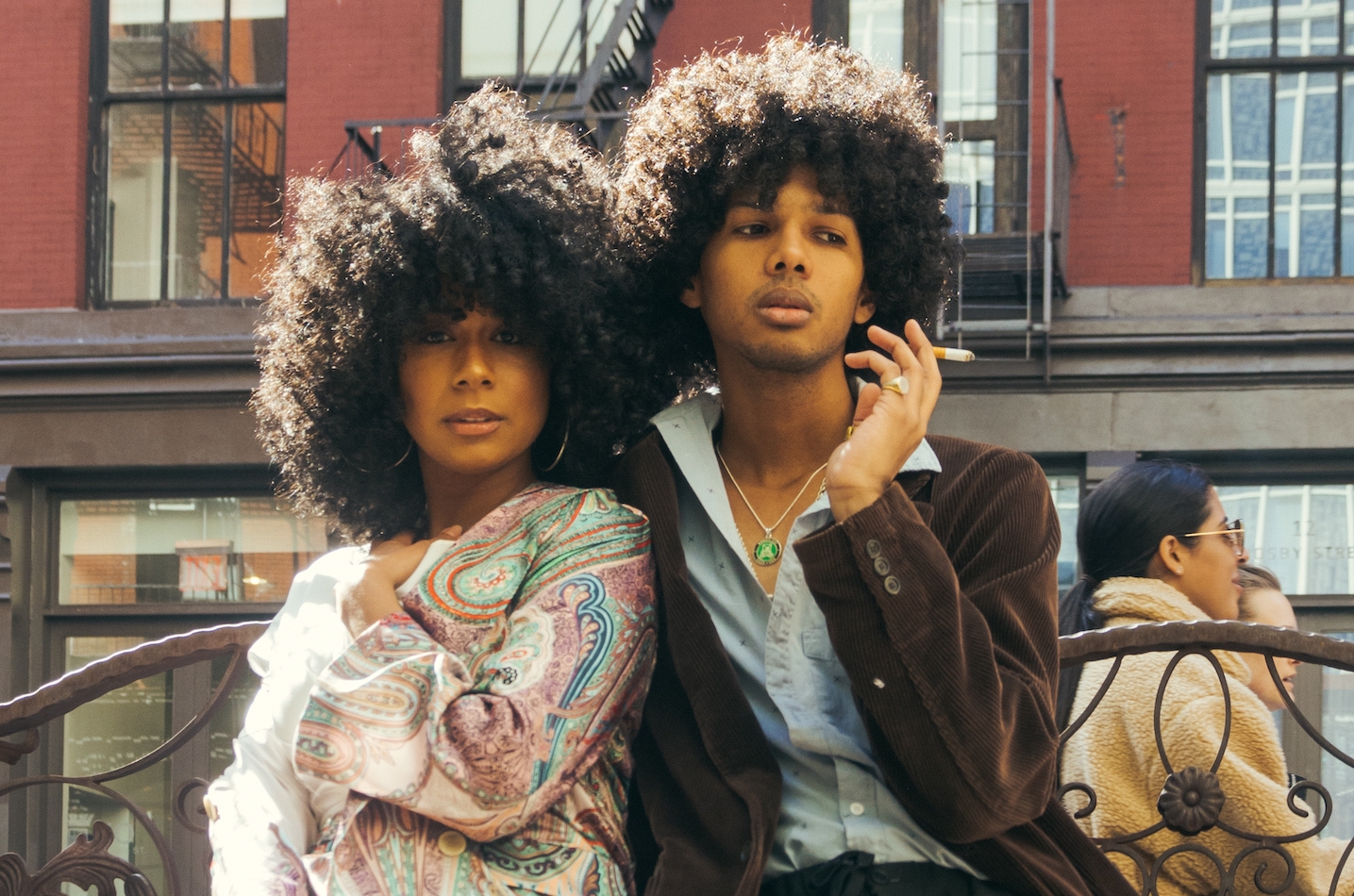Hispanic Heritage Month is celebrated between Sept. 15 and Oct. 15, and the range of Afro-Latinx faces and identity expression consistently proves there is no singular way to identify, look or be Hispanic.
Afro-Latinx people are of African descent within Latin origins or mixed individuals with Black and Latin parents.
People of Afro-Latinx descent have spoken about the need for visibility and proper representation in films, television, fashion, and music for years. When looking back on the highly anticipated film adaptation of the Broadway musical In The Heights, many critics challenged director Jon Chu and creator Lin-Manuel Miranda for their lack of dark-skinned representation.
According to the New York Times, critic Marcia Garcia said, “There has long been a lack of Latino representation in Hollywood, and In the Heights was aimed as a step toward rectifying that.”
Felice Leon, video producer from The Root, also spoke with Chu about the lack of representation.
“As a Black woman of Cuban descent specifically from New York City it would be remiss of me to not acknowledge the fact that most of your principal actors were light-skinned or white-passing Latinx people," Leon said to the director.
Chu responded by saying the conversation was one that he needed to be educated on.
Hispanic Heritage month allows Afro-Latinx people to be celebrated in their own way with honor, confidence and creativity. We're all familiar with celebs like Cardi B, LaLa and Melli, who have made loud strides for representation in the community.
But here are some other Afro-Latinx creators we love:
1. Shomara Garcia, Owner of ShopBlatina
Shomara Garcia is the Belizean and Puerto Rican business owner behind the popular "Latin has no skin tone" t-shirt. Born to an immigrant parent, Garcia has used her platform to educate her followers about the insulting day-to-day questions she's received as a dark-skinned Afro-Latina. She says, "Don't let anyone tell you that you aren't Latina because of your skin tone! Dark or light skin, we come in all shades."
ShopBlatina has pushed the envelope on the topic of inner culture colorism in the Afro-Latinx community. Garcia is an exceptional creator to follow for Latinx education, representation, and inclusivity.
2. Ada Rojas, Owner of Botánika and Vecinacouture
New York native, Ada Rojas, started with "All Things Ada," a blog centered on curly hair. Rojas openly shared that her college experience allowed her to find her identity through a Black and Caribbean studies course. The Afro-Latinx business owner told Allure, "When I would go into white spaces, they would always ask me all the time if I was mixed or Black, and I was always like no, I'm Dominican."
Rojas' course on Black and Caribbean studies educated her on who she was.
"I just kept thinking about young adults like myself that are going through what I was going through at 22 and how I can show up for them," she continued.
And she does. Rojas uses her platform to call out issues of anti-Blackness within the Latinx community. She has used her hair line Botánika to represent all hair patterns in the Hispanic realm and has even been a big part of the Black Lives Matter movement and Hispanic Heritage Month, holding necessary conversations on IG Live.
3. Lulu Cordero, Owner of Bomba Curls
Like many Afro-Latinx women, LuLu Cordero dealt with personal struggles when it came to her curly locs. Being an Afro-Latina from the Dominican Republic and coming up in Miami, she grew up putting relaxers in her hair. Cordero shared on Instagram, “Bomba Curls was born from my desire to broaden the spectrum of beauty but to also be a voice for my community — the Black community — so that we can be seen and celebrated for once because to be Black in Latin America and [in] the world, oftentimes, feels like we are invisible.”
Cordero has pulled inspiration from her Afro-Dominicana roots for Bomba Curls' formula. Her products are infused with all of the island’s best ingredients. The CEO has proven that accepting yourself as is can open doors you wouldn’t even imagine. You can find the poppin' curl brand at Bloomingdales and Nordstrom.
4. Monica Veloz aka @MonicaStyleMuse
The joyous Black Dominicana from Brooklyn is known for her loud and proud Afro-Latinx content.
Monica has gone viral with her authentic beauty and lifestyle videos with nearly 400k subscribers on YouTube and 360k followers on Instagram. In one of her most recent videos, Veloz used a Latin-owned makeup company to complete a full face of makeup. She has also shared her experiences as a dark-skinned Dominicana. When fellow Afro-Latinx singer Amara A La Negra spoke about "Afro-Latino challenges being only in people's heads" Veloz responded by creating a YouTube video to educate how Afro-Latinx people do face societal problems.
Veloz constantly reminds her audience, "zon't be regular" and "te molesta mi brillo," which translates to "does my shine bother you?"
It sure doesn't! You're doing amazing, sweetie.
5. Ryan Alexandra @ryanalexandra.petit
Ryan Alexandra is a proud Venezuelan-Haitian macro influencer using her platform to shift the status quo of what Afro-Latinx women should look like.
"Black girls are the purest form of art," says Alexandra. She pushes the envelope with inclusivity within Afro-Latinx culture by wholeheartedly embracing every part of her being. Alexandra wears her natural hair with confidence and matches that confidence with a pair of dope kicks to leave her mark within the Latinx community behind. Alexandra strongly supports Black-owned brands and encourages her followers to do the same.
